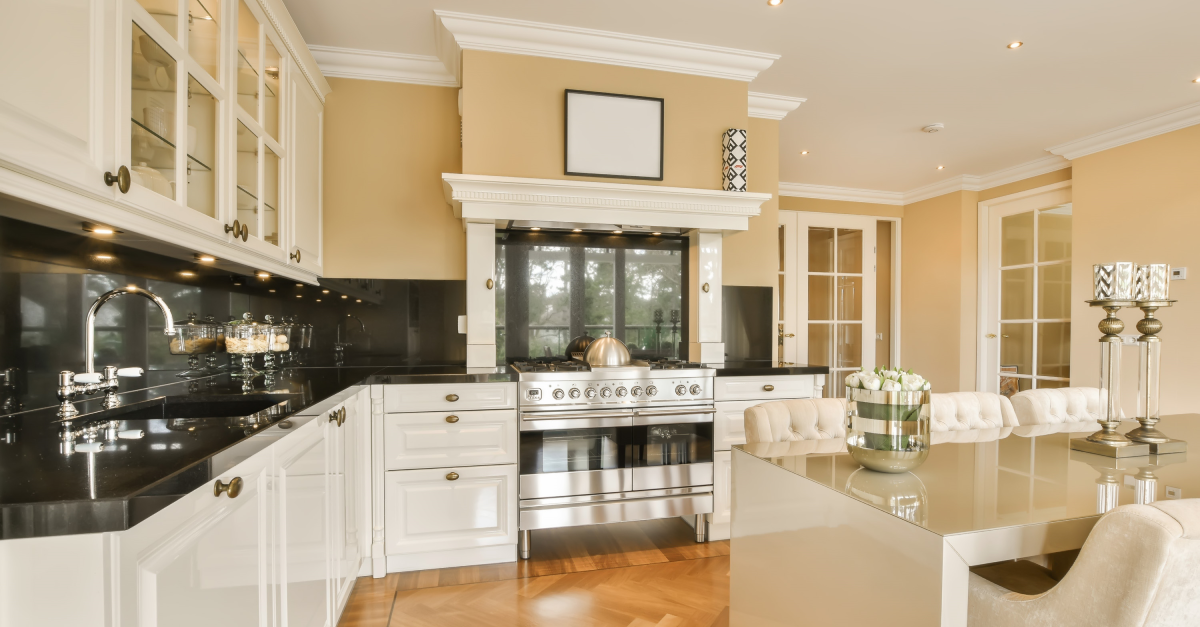Building a custom home is a significant and exciting endeavor, offering the chance to create a living space tailored to your exact preferences and needs. However, this process can also be complex and challenging, requiring careful planning, informed decision-making, and the right team of professionals. Here’s what you need to know before building a custom home. For more help, work with experts through construction management services.
Define Your Vision and Needs
The first step in building a custom home is to clearly define your vision and needs. Consider how you want your home to function and feel, and make a list of must-have features and elements.
- Lifestyle Needs: Think about your current lifestyle and how it may change in the future. Consider family size, hobbies, and specific needs such as home offices or spaces for entertaining.
- Aesthetic Preferences: Determine the architectural style and design elements you prefer. Gather inspiration from magazines, websites, and other homes you admire.
Set a Realistic Budget
Establishing a budget is crucial for guiding your decisions throughout the building process. Be realistic about what you can afford and plan for unexpected expenses.
- Construction Costs: Include costs for materials, labor, permits, and fees. Get detailed estimates from contractors and builders.
- Additional Expenses: Don’t forget to account for landscaping, interior design, furnishings, and any upgrades you might want.
- Contingency Fund: Set aside a contingency fund (typically 10-15% of the total budget) for unforeseen costs or changes during construction.
Choose the Right Location
The location of your custom home can significantly impact your lifestyle and the value of your property. Take the time to carefully select the right site.
- Proximity to Amenities: Consider the distance to work, schools, shopping centers, healthcare facilities, and recreational areas.
- Neighborhood Characteristics: Evaluate the safety, community vibe, and future development plans of the area.
- Site Specifics: Assess the topography, soil quality, climate, and views. These factors can influence the design and construction of your home.
Hire the Right Professionals
Building a custom home requires a team of skilled professionals, including architects, builders, and interior designers. Choosing the right team is essential for a successful project.
- Architect: Work with an architect who understands your vision and can translate it into functional and aesthetically pleasing designs.
- Builder/Contractor: Choose a reputable builder or contractor with experience in custom home projects. Check references and review previous work.
- Interior Designer: An interior designer can help you select finishes, fixtures, and furnishings that align with your style and budget.
Understand the Permitting Process
Obtaining the necessary permits and approvals is a critical step in the construction process. Be prepared for this to take time and require detailed documentation.
- Local Regulations: Familiarize yourself with local building codes, zoning laws, and environmental regulations. These can affect your design and construction plans.
- Permit Applications: Submit comprehensive permit applications and be ready to address any questions or requests from local authorities.
- Inspections: Schedule and pass all required inspections to ensure compliance with regulations and standards.
Plan for Sustainability and Energy Efficiency
Incorporating sustainable and energy-efficient features into your custom home can reduce long-term costs and environmental impact.
- Energy-Efficient Systems: Invest in high-efficiency HVAC systems, insulation, windows, and appliances.
- Sustainable Materials: Use eco-friendly materials such as reclaimed wood, low-VOC paints, and recycled content.
- Renewable Energy: Consider incorporating renewable energy sources such as solar panels or geothermal heating.
Design for Flexibility and Future Needs
Designing your custom home with flexibility and future needs in mind can enhance its functionality and longevity.
- Flexible Spaces: Create multi-purpose rooms that can adapt to changing needs over time, such as a home office that can be converted into a guest room.
- Aging in Place: Incorporate universal design principles to make your home accessible and comfortable for all ages and abilities.
- Storage Solutions: Plan for ample storage with built-in cabinets, closets, and smart organization systems.
Prepare for the Construction Phase
The construction phase is where your vision starts to become a reality. Staying organized and involved can help ensure the process goes smoothly.
- Timeline: Establish a realistic construction timeline with your builder and be prepared for potential delays.
- Communication: Maintain regular communication with your builder and other professionals to stay informed about progress and address any issues promptly.
- Site Visits: Make periodic visits to the construction site to monitor progress and ensure that work is being done according to your specifications.
Stay Flexible and Patient
Building a custom home is a complex and sometimes unpredictable process. Staying flexible and patient can help you navigate challenges and keep your project on track.
- Expect Changes: Be prepared for changes and adjustments along the way, whether due to design revisions, material availability, or other factors.
- Problem-Solving: Approach challenges with a problem-solving mindset, working collaboratively with your team to find solutions.
- Enjoy the Journey: Remember that building a custom home is a significant undertaking. Take time to enjoy the process and celebrate milestones along the way.
Building a custom home is a rewarding experience that allows you to create a living space uniquely tailored to your needs and preferences. By carefully planning, assembling the right team, and staying flexible and informed, you can navigate the complexities of the process and achieve your dream home. With attention to detail and a clear vision, the result will be a beautiful, functional home that you can enjoy for years to come. That’s what you need to know before building a custom home. For more help, work with experts through construction management services.



[…] Read more – What You Need to Know BEFORE Building a Custom Home […]